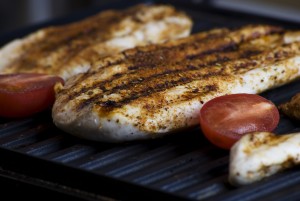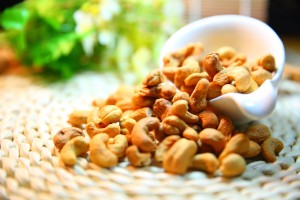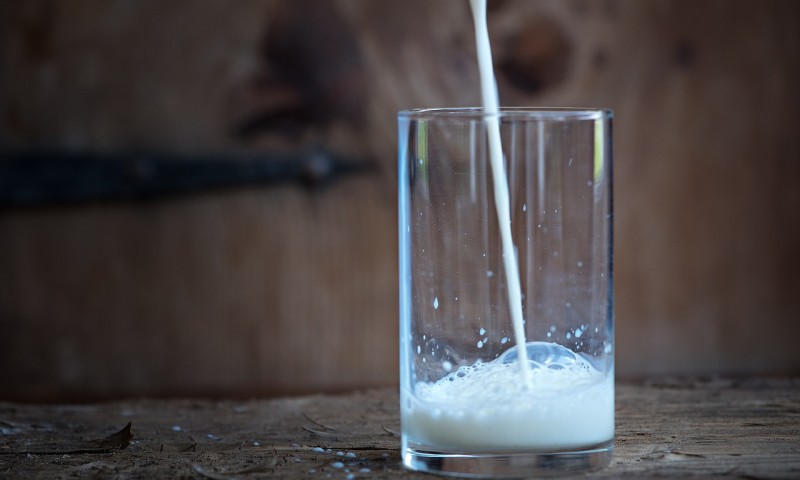If you’re trying to improve your health and weight, you may have heard a lot about the types of foods you shouldn’t be eating. But what about the types of foods you should have that are integral to your health and weight-loss goals?
Protein, one of the biggest building blocks of nutrition, is one of those foods. Your body uses protein for everything from cell growth and development to healing and maintaining muscle mass. Since these body proteins that make up our cells, tissues and organs are constantly being broken down and replaced, it’s essential that we make it an important part of our diet by replacing them!
Protein: Where Can You Find it?
You’re likely aware that protein can be found in a variety of food sources and that it’s essential to finding success on the weight-loss journey. But where exactly are the best sources to find it?
 Poultry – White meat poultry such as chicken and turkey are
Poultry – White meat poultry such as chicken and turkey are
both lean animal proteins with relatively low amounts of fat and plenty of amino acids.- Beef – Beef is an excellent animal protein with large amounts of it. However, if you’re opting for a food choice that is lower in fat and calories, be sure you’re choosing lean cuts.
- Fish – Don’t limit yourself to land animals for protein sources. Many different varieties of fish and seafood can provide you with high amounts of protein such as salmon, tilapia, tuna and hallbut.
 Dairy – Plenty of dairy products can give you a protein boost. Healthier options include low-fat Greek yogurt (opt for choices that have lesser amounts of sugar) and low-fat or skim milk.
Dairy – Plenty of dairy products can give you a protein boost. Healthier options include low-fat Greek yogurt (opt for choices that have lesser amounts of sugar) and low-fat or skim milk.- Beans/Nuts – Beans and pulses are rich in protein as well as iron and fiber, and nuts are a great snack for protein consumption as well. With these two foods, just be sure you’re watching your
sodium intake as they often come heavily salted (think of canned goods and salted peanuts or cashews).
Vegetables can also contain small amounts of protein although they aren’t as popular as some of the above choices. When choosing protein-based foods, one important thing to keep in mind is fat content. Many high-protein sources are rich in fat, and could throw you off-track on your weight-loss journey if you’re not careful.
How Much Do You Need?
Many people wonder how much protein they should be eating or whether or not they need to take any supplements. The recommended daily protein amounts for men and women are as follows:
- Men – 56 grams
- Women – 46 grams
But what exactly do these amounts look like? We’ll give you an example. The following breakdown amounts to 56 grams – the recommended daily amount for men.
- 3 oz. of meat – 21 grams
- 1 cup milk – 8 grams
- 1 cup dry beans – 16 grams
- 1 eight oz. yogurt – 11 grams
So, if you’re wondering how to incorporate enough protein into your diet and opt for leaner, healthier foods at the same time, just remember that protein can be found in most of the foods we eat on a daily basis. They key is to opt for leaner sources that are lower in fat and calories, such as the examples listed above, and to log your protein intake just as you would do with exercise and other foods. You’ll notice that a healthy diet rich in protein will keep you energized, focused and strong!
Want More Information about Protein?
You can learn more about this important building nutritional building block (as well as others!) by ordering your FREE copy of the Your Weight Matters Health and Wellness Guide. To learn more about the guide and to get your FREE copy, please CLICK HERE.






